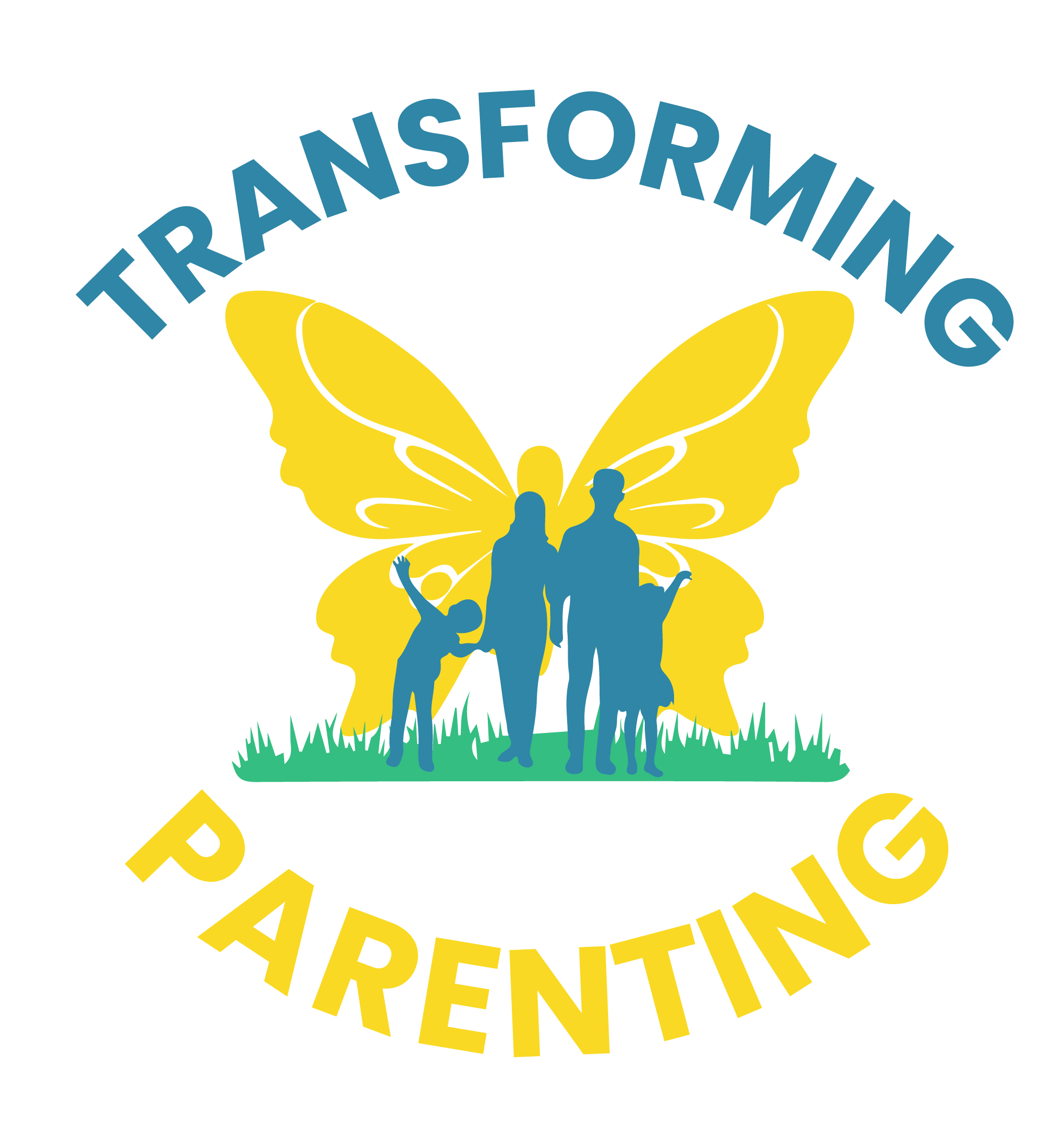As parents, we’ve all been there – those moments when it feels like our children are deliberately not listening, ignoring us, testing our patience to its limits. The struggle is real, and it’s a common challenge faced by families across the globe. But what if we told you there’s a different way to approach this issue? One that not only improves your child’s behavior but also strengthens your relationship and promotes their emotional growth? Let’s explore the world of empowered parenting and how we can transform those frustrating moments into opportunities for connection and learning.
What Causes a Child Not to Listen?
Before we jump into solutions, it’s crucial to understand why children sometimes appear not to listen. Contrary to popular belief, it’s rarely about defiance or intentional disobedience. Several factors can contribute to this behavior:
1. Developmental stage: Children’s brains are still developing, and their ability to process and follow instructions evolves with age.
2. Overwhelm: In our fast-paced world, children can feel overwhelmed by too many demands or stimuli.
3. Lack of connection: When children feel disconnected from their parents, they’re less likely to cooperate.
4. Mismatched expectations: Sometimes, our expectations don’t align with a child’s developmental capabilities.
5. Engaged in an activity: Children often struggle with transitions, especially when they’re deeply focused on something.
Understanding these factors can help us approach the situation with empathy and patience.
Why Does My Child Not Listen Until I Yell?
Many parents find themselves resorting to yelling out of frustration. But why does this seem to work when nothing else does? The truth is that yelling might get a temporary response, but it doesn’t address the underlying issues and can damage your relationship with your child in the long run.
Often, yelling works in the moment because it triggers a fear response. Your child complies out of fear rather than understanding or willingness. This method doesn’t teach them why the behavior is important or help them develop self-regulation skills.
So, How Do I Get My Kids to Listen?
Instead of yelling, focus on connection and clear communication. It helps to create a moment of space between the stimulus (the situation) and your reaction. As Jacqueline Cheng, a parenting coach, explains, “It’s about finding that moment… Can I catch myself before exploding so that I have a choice? And just remind myself that all I want to do is explode. That’s what’s going to feel good to me right now. But is that going to give me what I want? Unfortunately, no.”
Should I Punish My Child for Not Listening?
The short answer is no. It might seem like a quick fix, but punishments often create more problems than they solve. Instead, consider using natural consequences and problem-solving approaches.
Caitlin Calhoun, a Jai Certified Parenting Coach, shares her perspective: “What I’ve found is so similar in parenting and teaching is, when you first are a teacher, you think that if you teach a lesson and the kids don’t get it, it’s their fault. And as you become a more experienced teacher, you’re like, okay, if I teach a lesson and the kids don’t get it, that’s on me. I need to figure out how to teach it to them so they understand.”
This mindset shift can be transformative in parenting as well. Instead of punishing, focus on teaching and guiding.
But what could be the natural consequences of not listening?
Let’s say your child refuses to wear their jacket before going out. A natural consequence would be getting cold and uncomfortable. Or if they insist on leaving their toys on the porch, a natural consequence would be the possibility of their toys getting lost, stolen, or ruined. Natural consequences offer us freedom from the burden of lecturing or controlling our children. They support us in gently teaching our children how the world works without putting strain on our relationship with them.
How Can I Be a Better Parent to a Difficult Child?
Parenting a challenging child can be exhausting, but it’s also an opportunity for growth — both for you and your child. Here are some tips:
1. Practice self-care: You can’t pour from an empty cup. Take care of yourself to be better equipped to handle challenges.
2. Seek support: Don’t hesitate to reach out to other parents, join support groups, or consult professionals.
3. Focus on connection: Build a strong relationship with your child through quality time and active listening.
4. Adjust your expectations: Recognize your child’s unique temperament and adjust your approach accordingly.
5. Celebrate small wins: Acknowledge progress, no matter how small.
6. Practice patience and empathy: Remember that challenging behavior often stems from unmet needs or underdeveloped skills.
How Do You Discipline a Child That Doesn’t Listen?
When it comes to discipline, the key is to focus on teaching rather than punishing. Here are some empowered parenting strategies:
1. Set clear expectations and boundaries: Communicate your expectations clearly and consistently, and always remember to set clear limits and boundaries.
2. Use natural consequences: Allow your child to experience the natural results of their actions when it is safe to do so.
3. Offer choices: Giving children limited choices can help them feel more in control and cooperative.
4. Practice positive reinforcement: Catch your child being good and praise specific behaviors you want to encourage.
5. Use time-ins instead of time-outs: Stay with your child during challenging moments to help them regulate their emotions.
6. Model the behavior you want to see: Children learn by example, so demonstrate the behaviors and attitudes you want to cultivate.
Layal Aoudi, one of our coaches here at Jai, shares her experience: “What shifted for me is realizing that yelling was only an attention grabber. And if I was able to grab their attention with something else, connect with them, and then get them to transition, then it’s not about listening to me. It’s about them focusing on the thing in their hand and being asked to do things.”
How Do You Calm Down a Screaming Child?
We all know that our kids having a tantrum doesn’t make things any easier. That’s why it is important to know how we can better support our children through difficult times and foster connection and better communication.
When faced with a screaming child, it’s essential to remain calm. Here are some strategies:
1. Take deep breaths to center yourself.
2. Get down to your child’s level and make eye contact.
3. Speak in a calm, soothing voice.
4. Acknowledge their feelings and show empathy.
5. Offer physical comfort if they’re receptive.
6. Provide a quiet, safe space for them to calm down.
Remember, the goal is to help your child regulate their emotions, not to suppress them. Connecting and helping your child to calm down before correcting them will allow them to hear you and learn any lessons more effectively.
The Challenges of Parenting Today
Parenting in the 21st century comes with unique challenges. From the constant presence of technology to changing societal expectations, parents today navigate a complex landscape. However, these challenges also present opportunities for growth and deeper connection with our children.
One significant challenge is the prevalence of conflicting parenting advice. It’s essential to find an approach that aligns with your values and works for your family. As Jacqueline Cheng notes, “It’s not about having a high IQ, it’s about a high EQ. And, you know, boys often get the raw end of the deal because boys are seen as deviant and non-compliant. Ah, they’re troubled. And, no — there is a way if we are intentional and purposeful.”
While every family faces unique challenges, here are some common parenting problems and potential solutions:
Problem: Constant power struggles
Solution: Offer choices within limits to give children a sense of control
Problem: Difficulty with transitions
Solution: Use warnings and timers to prepare children for changes in activity
Problem: Sibling rivalry
Solution: Avoid comparisons and focus on each child’s unique strengths
Problem: Screen time battles
Solution: Set clear boundaries and offer engaging alternatives
Problem: Bedtime resistance
Solution: Establish a consistent, calming bedtime routine
Remember, there’s no one-size-fits-all solution in parenting. It’s about finding what works for your family and being willing to adjust as needed.
In conclusion, it’s crucial to shift our perspective when faced with a child who doesn’t seem to listen. Instead of asking, “How can I make my child listen?” try asking, “How can I connect with my child and understand their needs?” This shift in mindset, coupled with empowered parenting strategies, can transform your relationship with your child and create a more harmonious home environment.
Parenting is a journey of continuous learning and growth. Be patient with yourself and your child as you navigate this path together. Remember, every challenging moment is an opportunity for connection and teaching. By focusing on understanding, empathy, and clear communication, you can guide your child toward becoming a confident, emotionally intelligent individual.
If you’re ready to take this work deeper, breaking the cycle of old patterns and becoming the parent your child truly needs, our free guide, Healing Generational Patterns: Unlocking a Brighter Future for Your Children, is your next step. Discover how to stop reacting out of habit and instead with intention and love.
This guide isn’t just about changing your child’s behavior—it’s about transforming your own mindset to create lasting change for your entire family.
Start your journey towards a more empowered and fulfilled parenting experience! Register now to get your free guide and take the first step toward profound transformation in your family.

Meet Your Author, Kiva Schuler
Jai Founder and CEO
Kiva’s passion for parenting stemmed from her own childhood experiences of neglect and trauma. Like many of her generation, she had a front row seat to witnessing what she did not want for her own children. And in many ways, Jai is the fulfillment of a promise that she made to herself when she was 16 years old… that when she had children of her own, she would learn to parent them with compassion, consistency and communication.
Kiva is a serial entrepreneur, and has been the marketer behind many transformational brands. Passionate about bringing authenticity and integrity to marketing and sales, she’s a sought after mentor, speaker and coach.




